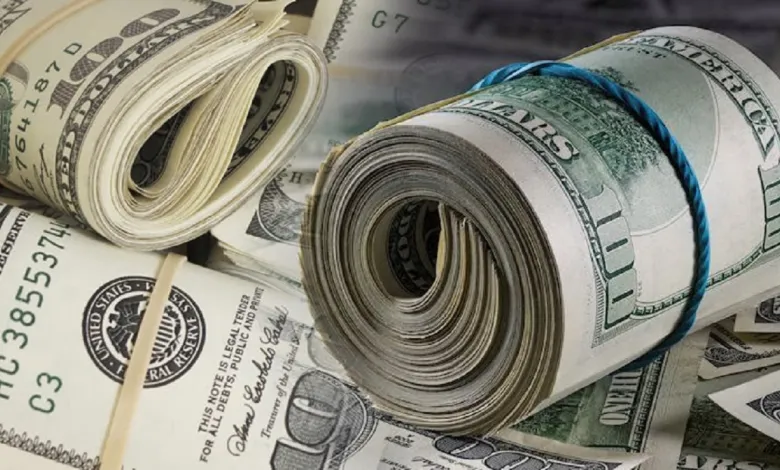The World Bank has disbursed a $1.5 billion loan to Nigeria after the Nigerian Government implemented critical reforms, including removing fuel subsidies and enacting comprehensive tax policies. This loan, part of the Reforms for Economic Stabilisation to Enable Transformation (RESET) Development Policy Financing initiative, was disbursed in two tranches in less than six months, a record timeframe compared to other programmes often delayed due to incomplete reforms.
The first tranche of $750 million, sourced from the International Development Association (IDA), featured a 12-year maturity period and a six-year grace period. It was disbursed on 2 July 2024 after the loan’s approval on 13 June 2024. The second tranche, another $750 million sourced from the International Bank for Reconstruction and Development (IBRD), with a 24-year repayment period and an 11-year grace period, was tied to specific economic reform conditions and disbursed in November 2024.
The pivotal reform for the second tranche was the removal of fuel subsidies, with the government exceeding expectations by fully deregulating the fuel market. Effective from October 2024, petrol prices are now determined by international market rates and the exchange rate set by the Central Bank of Nigeria. This change eliminated implicit subsidies, allowing retail fuel prices to align with global benchmarks. However, it resulted in a fivefold increase in fuel prices since mid-2023, drawing praise for fiscal discipline but criticism for its impact on living costs.
In tandem with deregulation, the Federal Government introduced sweeping tax reforms to boost revenue. The Nigeria Tax Bill 2024 proposes raising the Value Added Tax (VAT) rate gradually to 10% by 2025, simplifying compliance, and expanding input tax credits for businesses. These measures aim to increase Nigeria’s historically low tax-to-GDP ratio. A draft of the bill was submitted to the National Assembly in October 2024.

The reforms also prioritised strengthening social protection programmes. An amendment bill mandates using the National Social Registry to target beneficiaries for social investment initiatives. Despite efforts to mitigate economic hardships through measures like cash transfers of ₦25,000 to 15 million vulnerable households, only four million households have benefited, falling short of targets. Additionally, the government is promoting compressed natural gas as a cheaper alternative to petrol, with plans to convert one million vehicles over three years.
President Bola Tinubu defended the reforms, emphasising their importance for Nigeria’s economic stability and growth. He pledged to redirect savings from subsidy removal towards infrastructure development, social welfare, and economic diversification. However, the reforms have sparked public dissent, with protests erupting in cities like Abuja, Kano, and Lagos over soaring fuel prices, transportation costs, and living expenses.
The World Bank commended the government’s decisive actions, noting that Nigeria’s ability to meet the conditions for both loan tranches in record time demonstrates a strong commitment to economic transformation. The reforms address structural inefficiencies, such as the high fiscal burden of subsidies and challenges in revenue mobilisation. However, sustained efforts are required to consolidate these gains.
This $1.5 billion loan is part of broader financial support from the World Bank, which has extended $6.95 billion in loans to Nigeria over the past 18 months. Other recent loans include $750 million for the Accelerating Resource Mobilisation Reforms (ARMOR) Programme for Results, although only $1.88 million of this has been disbursed so far. The World Bank plans to decide on three additional loan projects totalling $1.65 billion in 2025, targeting internally displaced persons, education, and nutrition.
Concerns over rising external debt remain prominent, with Nigeria’s external debt to the World Bank reaching $16.32 billion, or 38% of its total external debt. The majority is owed to the IDA, while $484 million is owed to the IBRD. Despite these challenges, the World Bank has called for continued reforms to ensure Nigeria diversifies its revenue base and achieves long-term economic stability.


